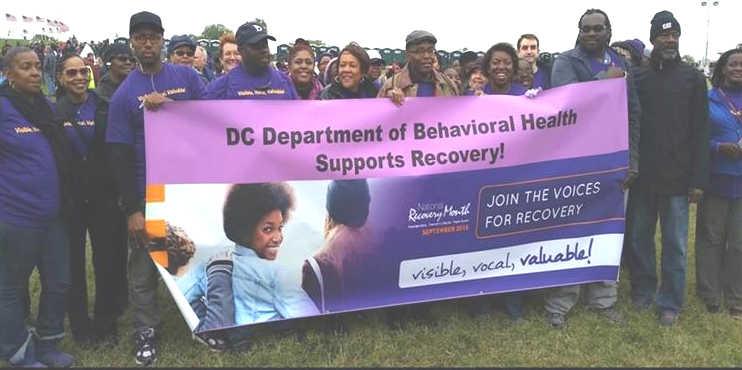 Mental wellness and freedom from addiction are essential to overall health. Millions of lives have been transformed through recovery and are living proof that prevention works, treatment is effective, and recovery is possible.
Mental wellness and freedom from addiction are essential to overall health. Millions of lives have been transformed through recovery and are living proof that prevention works, treatment is effective, and recovery is possible.
Recovery Support Services (RSS):
Recovery Support Evaluation –The staff evaluates and documents an individual’s recovery support service needs, develops a comprehensive individual recovery support plan and monitors progress on achievement of goals and objectives.
Care Coordination Services – The staff assists clients with substance abuse issues and with how to access wrap around services to support sustained recovery. These services may include legal assistance, housing, employment, health and medical services and other services to eliminate barriers to successful recovery.
Recovery Coaching and Mentoring – The staff coaches and mentors clients in assessing their current situation, defining their personal goals, and targeting areas for improvement. Clients are supported in creating an effective life-action plan and in understanding factors that may increase relapse risks and in overcoming barriers that may inhibit the recovery process. Clients are also being assisted in obtaining the necessary life-skills to become productive members of their communities.
Life Skills Support – The staff provides one-on-one support to develop skills to equip clients with skills needed to succeed in day-to-day life using a peer based/client centered model. It consist of non-clinical services that help develop skill in managing life circumstances such as health education, anger management, parenting, and child development.
Education Support Services (individual) – The staff provides one-on-one instruction expanding clients’ knowledge base in substance abuse relapse prevention strategies, employment preparation, reading comprehension and writing, and other social skills to promote healthy living.
Education Support Services (group) – The staff provides group instruction focusing on clients’ knowledge base in specific topic areas such as life skills, relapse prevention, GED, employment preparation, money management, health and family reunification. The end result is drug and substance free living during the recovery process.
Transportation (public only) – Clients are provided with public transportation support via Metro Smart Trip cards for the purposes of accessing treatment or recovery support services, job interviews, medical appointments, and any other activity that supports a client’s recovery.
Environmental Stability - Limited housing (up to 6 months) is provided to clients who are drug and substance free and participating in part or full time employment. Clients are provided financial management education, care coordination services, conflict resolution skills, and relapse prevention strategies.
Supported Employment
Research strongly supports the critical impact employment plays in promoting recovery. Consumers of behavioral health services want to work, and can maintain employment if they are given proper support and guidance. The Department works with local business and nonprofit fit organization to hire consumers of behavioral health services and provides ongoing support.
Supported Housing
Decent, safe and affordable housing contributes to mental well-being. The Department funds supportive housing programs to expand the options available to people with behavioral illness–from rental assistance to community based residential facilities. Our goal is to support the highest functional living arrangement and independence appropriate to the consumer.
How to Remain Drug Free: Best Tips for Recovery
To learn more about Recovery Support Services, please contact:
[email protected]
(202) 673-4377


